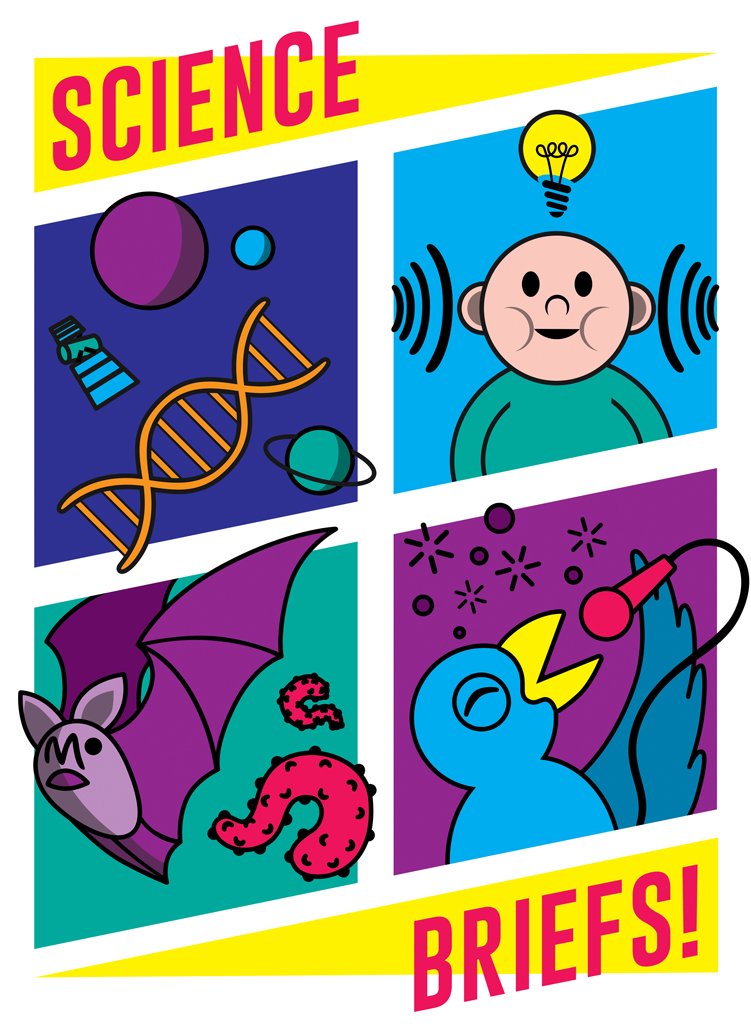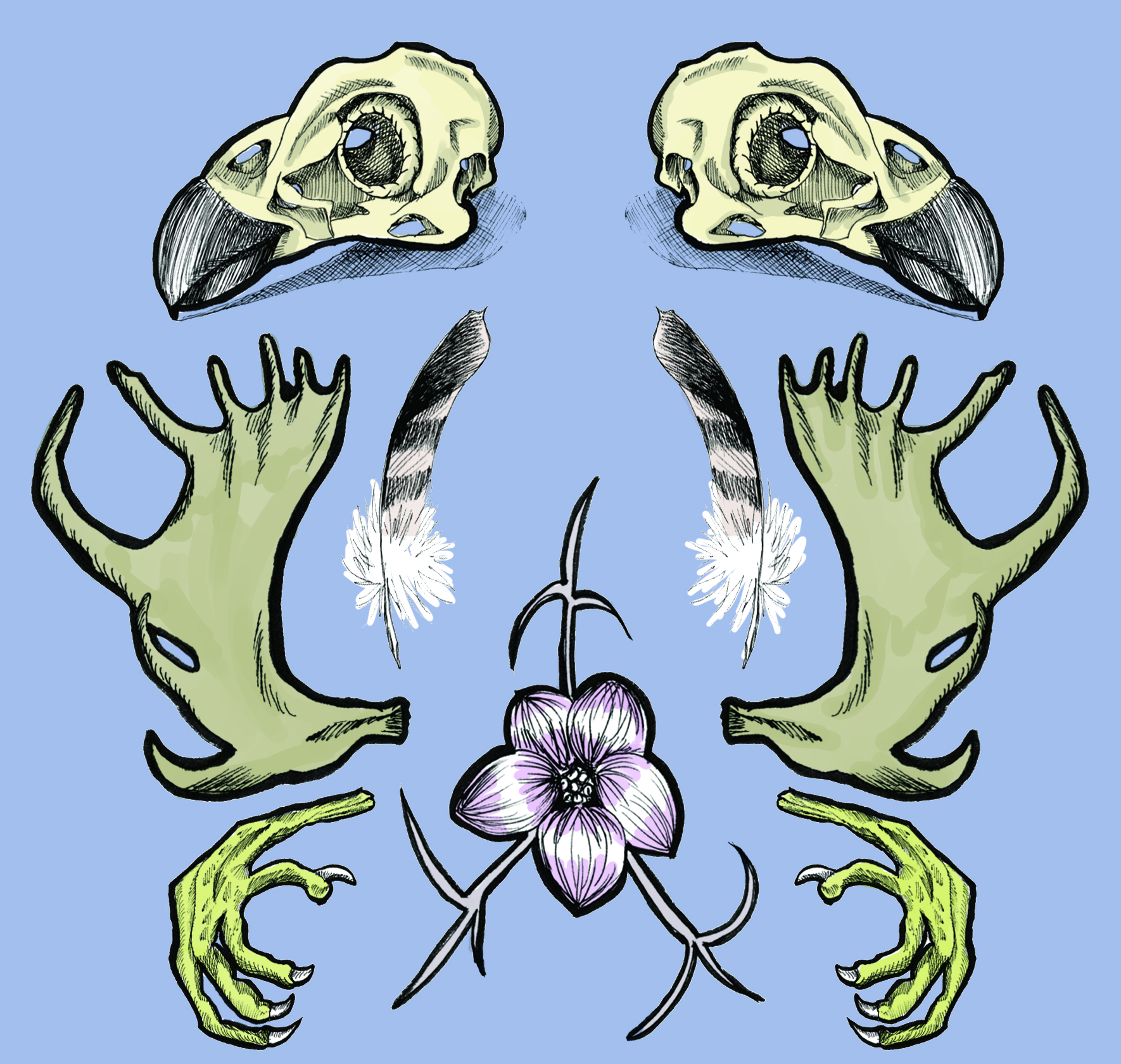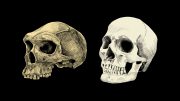Art, especially literature, is filled with the inner battles of the human psyche — it defines our fears, hopes, underlines our strange uniqueness in the animal kingdom. It makes us feel as though we are the only sentient beings inhabiting the planet.
However, evolutionary biology is steadily chipping away at all the traits we use to distinguish ourselves from the other animals. A series of recently published studies sheds light on the biological basis for several behaviours and traits that supposedly make us what we are.
Researchers at SUNY Buffalo and Georgia State University conducted a series of tests on monkeys to see if they possessed the capacity for self-doubt. According to discovermagazine.com, the scientists trained macaques and capuchins “to maneuver a joystick to indicate whether the pixel density on a screen was sparse or dense. Given a pixel scenario, the monkeys would maneuver a joystick to a letter S (for sparse) or D (for dense).” Upon selecting the correct answer, the monkey would receive a treat.
A monkey that selected the wrong answer would not receive a treat and the game would end. There was a third option for the monkeys to select as well — a question mark. If a monkey was unsure and selected the question mark, the game would proceed to the next question. Monkeys that were uncertain of the answer but wanted to continue playing would theoretically use the question mark and indicate that they were uncertain.
The results were surprising — macaques, but not capuchins, were uncertain about as frequently as their human counterparts. It’s not just a question of inter-species differences at this point, however. Macaques are old world monkeys, members of the same “family” as Homo sapiens sapiens. Capuchins are New World monkeys, a lineage that diverged long before the rise of our species.
John David Smith, a researcher involved with the study, says the test makes us ask a question about the rise of our cognition: “Did [this type of cognition] develop only once in one line of the primates — emerging only in the line of Old World primates leading to apes and humans?” he writes in an article for the BBC.
We’re all familiar with uncertainty, and it’s a relief to know that we may not be the only beings on the planet that deal with the knowledge of a lack of knowledge. Another study touches on the subject of death, a universal for all animals, but something we pay extra attention to as a species. We are the only beings that bury their dead in elaborate rituals and fill books on the subject of dying.
Scientists at the University of Osnabrück in Germany conducted a peculiar test involving “17 young men with an average age of 23 [and asked] them whether they agreed or disagreed with a series of statements such as ‘I am afraid of dying a painful death.’ At the same time, the men’s brain activity was monitored using a functional MRI scanner.”
The researchers also asked the men questions that induced thoughts of just pain — such as sitting in a dentist’s chair. They then used these two sets of results and compared the areas of the brain that were active in each case.
The team found that thoughts of death caused heightened activity in the right amygdala, an area associated with feelings of anxiety, writes newscientist.com. It’s not surprising that thoughts of death can cause anxiety. What is surprising is that “the team also saw increased activity in the caudate nucleus when the men thought of death — an area of the brain associated with performing habitual behaviours.” As the article helpfully points out, this finding may mean that when philosopher Martin Heidegger said “doing what everyone else does is a defence against anxiety,” he may have been more right than he imagined.
A researcher in Israel, not involved with the study, also points out that the caudate nucleus is activated by feelings of love and hypothesizes that through our awareness of death, “thoughts of mortality activate the attachment system, motivating us to seek love and protection from significant others.”
Though before you write off death and love as completely lacking mystery, keep in mind what Helen Fishers of Rutgers University has to say: “The brain seems to be a mix-and-match system, in which regions are activated in endlessly different combinations to create different nuances of emotion,” she says. “Thoughts of death, like thoughts of romantic passion, are strong and profound. One would expect at least some of the same activation patterns.”
If love, death and self-doubt are no longer inexplicable and uniquely human behaviours, what separates us from the rest of the animals? If our feelings can be explained through evolution and the workings of a precise biological system, we would have to rethink a lot of what we consider to be fundamental parts of the human experience. There may be a time in the near future where we realize that, fundamentally, we are no different than the other creatures that we share the planet with.




